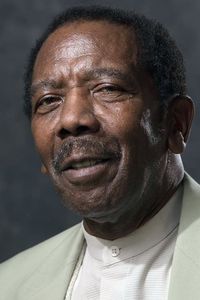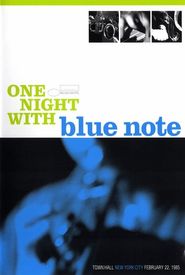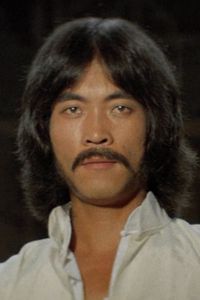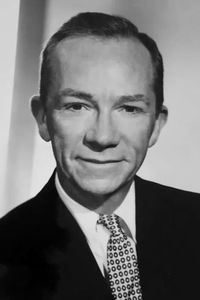James Oscar Smith, also known as Jimmy Smith, was an American jazz musician born on December 8, 1928, in Norristown, Pennsylvania. He is often credited with popularizing the Hammond B-3 organ, creating a link between jazz and 1960s soul music.
Smith's early life was marked by a strong connection to music, as he began teaching himself to play the piano at a young age and won a Philadelphia radio talent contest as a boogie-woogie pianist at the age of nine. After serving in the U.S. Navy, he continued his musical education at the Royal Hamilton College of Music and the Leo Ornstein School of Music in Philadelphia.
In the early 1950s, Smith began exploring the Hammond organ and eventually switched to organ permanently after hearing Wild Bill Davis. He went on to play with various Philly R&B bands before signing with Blue Note Records in 1956. His second album, The Champ, quickly established him as a new star on the jazz scene.
Throughout the 1950s and 1960s, Smith was a prolific recording artist, releasing around forty sessions for Blue Note in just eight years. He also signed with Verve Records in 1962, where he released several successful albums, including Bashin', The Cat, and The Dynamic Duo.
Smith's live performances were always a trio consisting of organ, guitar, and drums. He performed with various musicians, including Oliver Nelson, Lalo Schifrin, Wes Montgomery, and Kenny Burrell. In the 1970s, Smith opened his own supper club in North Hollywood, California, where he played regularly with his band.
One of his most influential albums, Root Down, was recorded live at the club in 1972 and has been cited as a seminal influence on later generations of funk and hip-hop musicians. Smith received the NEA Jazz Masters Award in 2005, the highest honor bestowed upon jazz musicians by the National Endowment for the Arts.

























